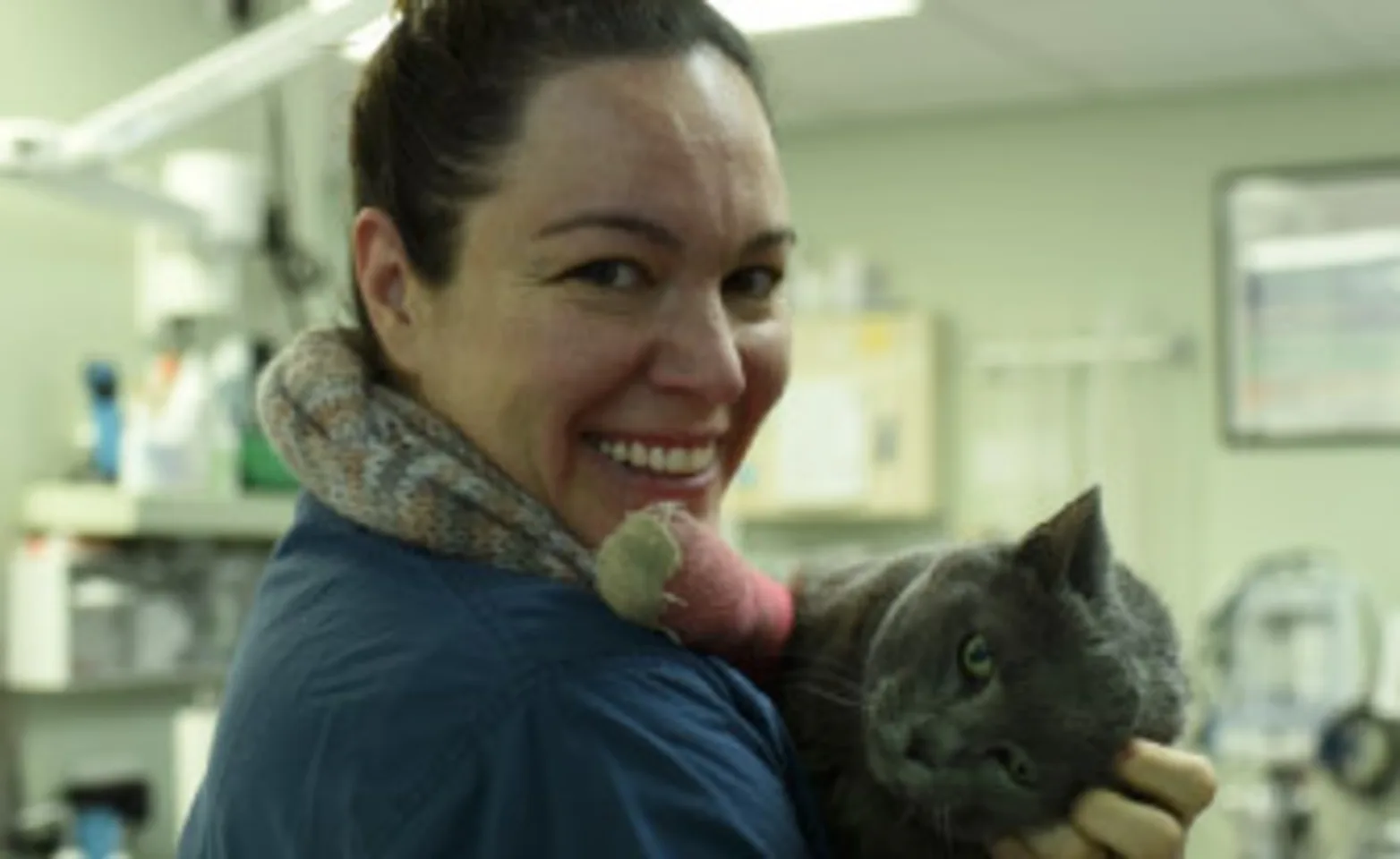Veterinary Emergency & Specialty Hospitals (VESH)

Veterinary Internal Medicine
Conditions Typically Treated by our Internal Medicine Service
The internal medicine team at Veterinary Emergency & Specialty Hospital specializes in treating a variety of health issues that originate from different parts of the body. We provide the diagnosis and treatment of:
Blood and bone marrow disorders
Endocrine disease
Non-invasive removal of foreign bodies in the stomach, esophagus or trachea
Strictures of the esophagus and rectum
GI disease
Immune disorders
Kidney disease
Lower urinary tract disease
Respiratory tract disease
Liver disease

Tests and Procedures We Offer
Advanced and non-invasive Diagnostic Tools can help to determine the specific ailment your pet is suffering from.
CT Imaging
Digital X-ray
Contrast Studies
Ultrasound of the abdomen and thorax +/- ultrasound-guided biopsy or gall bladder aspirate
Gastroduodenoscopy (stomach & upper small intestines)
Colonoscopy (colon and lower small intestine)
Rhinoscopy (nasal cavity)
Bronchoscopy (lungs)
Cystoscopy (bladder and urethra)
Bone marrow aspirate and biopsy
Liver biopsy and gallbladder aspirate via laparoscopy
Our veterinary internal medicine specialist is experienced with the diagnosis, prevention, and treatment of a wide variety of animal internal health issues. If you have any further questions about the types of services we offer or the diseases we can help treat, do not hesitate to call us at 413-665-4931 or contact us below.
What is a Veterinary Internist?
Board certified internists are specialists who focus on diagnosing and treating diseases of the internal systems. In addition to completing undergraduate training and four years of veterinary school, board-certified internists complete an internship and residency in their specialized field (an additional three to five years). This additional clinical training is followed by a rigorous examination from the American College of Veterinary Internal Medicine (ACVIM), which oversees specialties in cardiology, internal medicine, oncology, and neurology. Passing this examination grants the status of Diplomate of the American College of Veterinary Internal Medicine (DACVIM). The area of concentration is then placed in parenthesis after that title. For example, DACVIM (Internal Medicine).
